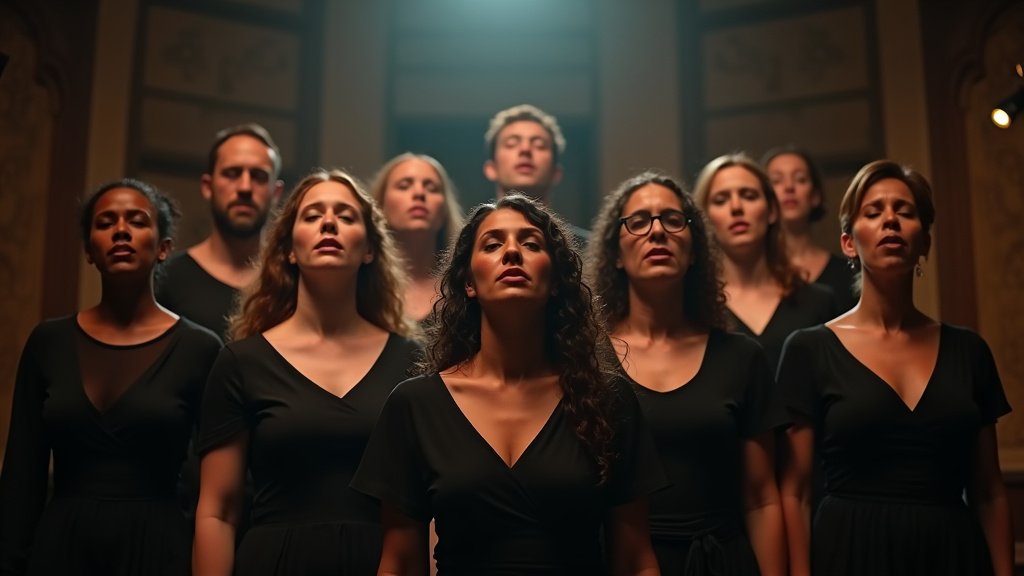Country music superstar Morgan Wallen has made the decision not to submit his latest album, “I’m the Problem,” for consideration at the upcoming 2026 Grammy Awards, a move that signals a growing wave of dissent among prominent artists towards the Recording Academy. This notable announcement positions the chart-topping AMERICAN MUSIC artist alongside other major figures who have previously expressed criticism or chosen to distance themselves from the prestigious, yet often debated, awards ceremony.
Wallen’s Strategic Withdrawal
Sources close to the artist, as reported by outlets like Hits Daily Double and Billboard, confirmed that Wallen’s team will forgo submitting his critically and commercially successful 2025 album for any Grammy consideration. This decision extends to individual song categories and performance categories, meaning none of the seven songs Wallen co-wrote on the 37-track record will be put forward. While Wallen’s team has not offered specific reasons for this calculated “No, thank you,” the move is widely interpreted as part of a broader artistic pushback against the Grammy Awards.
A Trend of Discontent Among Top Artists
Wallen’s decision echoes similar stances taken by other influential artists who have voiced their frustrations with the Recording Academy. In 2016, Frank Ocean declined to submit his acclaimed album “Blonde” for Grammy consideration, calling it his “Colin Kaepernick moment” and stating the Academy didn’t “seem to be representing very well for people who come from where I come from.” More recently, artists like Drake have questioned the Grammys’ relevance, suggesting a disconnect between impactful MUSIC and the awards themselves, and have even withdrawn their nominations. The Weeknd notably boycotted the awards moving forward after his highly successful album “After Hours” and hit single “Blinding Lights” received zero nominations in 2021, citing issues with “secret committees.”
Underlying Criticisms of the Grammy Process
The dissatisfaction expressed by these ARTISTs stems from a variety of long-standing criticisms leveled against the Grammy Awards. Allegations of racial bias have been persistent, with data suggesting that Black artists have historically been underrepresented in major categories relative to their chart performance and cultural impact. Critics point to instances where critically acclaimed works by artists of color were overlooked in favor of more commercially successful, but perhaps less artistically groundbreaking, projects. The role of anonymous nomination review committees has also come under fire, with concerns that these panels may not always reflect the broader artistic consensus or may exhibit inherent biases. Furthermore, some artists have highlighted issues such as the financial barriers to participation and the tendency for the Academy to confine diverse artists to genre-specific “urban” categories, limiting their visibility in mainstream awards.
Wallen’s Billboard Dominance Versus Grammy Recognition
Morgan Wallen’s decision gains significant weight when viewed against his extraordinary commercial achievements. The AMERICAN singer has consistently broken records on the Billboard charts, with multiple albums spending extended periods at number one on the Billboard 200 and topping genre-specific charts like Top Country Albums. His singles have dominated the Hot 100, and he has achieved unprecedented feats, such as having multiple songs simultaneously occupy the top spots on various charts. Despite this widespread commercial success and a significant cultural footprint, Wallen has had a relatively limited presence at the Grammy Awards, having received nominations but no wins for his solo work. This disparity between his undeniable market impact and his Grammy recognition has fueled speculation about his relationship with the Academy.
Implications for the Music Industry
As more major artists opt out of the submission process or openly criticize the Recording Academy, the credibility and influence of the Grammy Awards face ongoing scrutiny. Wallen’s latest move, aligning him with a chorus of discontented artists, underscores a complex and evolving dynamic within the music industry. It raises questions about whether the Grammys, often dubbed “music’s biggest night,” can maintain their status as the ultimate arbiter of musical excellence in an era where artists are increasingly empowered to define their own success and choose how they engage with industry accolades. This NEWS highlights a persistent tension between commercial triumph, artistic integrity, and the traditional recognition structures within the global music landscape.





